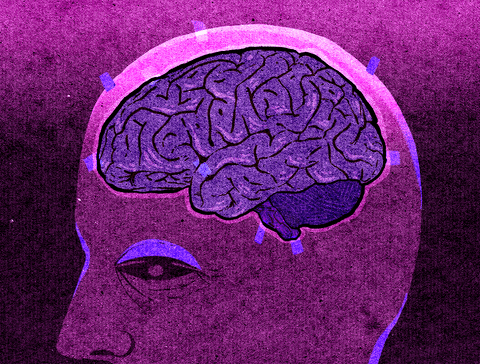The Youth of Utah Advocacy Coalition (YUTAC) is an organization that empowers mentally ill young adults and youth who've been involved the system to have a leading role in shaping policy, ending stigma, and community building. Our monthly newsletter provides a platform for young adults to share their voices and experiences with a wider audience.
Want To Get Involved Or Contribute To The Newsletter?
contact cdively@utah.gov
What's Helpful To Say When Someone Is Having A Panic Attack


Living With Bipolar Disorder
By Katie Wilkie
“How do you know you have bipolar?”
“Okay, but I mean, how do you know it’s bipolar and not just the normal moods we all experience as humans?”
These questions come from friends with good intentions. They mean well, they really do. They aren’t trying to be rude or invalidating. This is just one of the troubles with having an unseen illness: when people can’t see it, it’s hard for them to understand. Which means I spend a lot of time explaining — “convincing” others that what I go through is real.
If they could spend just one manic episode in my shoes, trust me: They would instantly understand the difference between bipolar disorder and “normal" moods.
The word “bipolar” is often used incorrectly to describe someone going through mood swings. However, bipolar disorder is more than mood swings. When I’m manic, I am extremely productive, creative, and energetic. I often feel like I can do or be anything (I may even believe I have superhuman abilities). But, mania can also be accompanied by frightening paranoia, delusions, and psychosis, all of which can make it difficult to know what is real, and what isn’t.
On the other hand, in a bipolar depressive episode, the world can feel palpably dark. When depressed, I often have what I call “pain in the brain” — a haunting excess of negative stimuli that is mentally painful and emotionally overwhelming. Sometimes in these episodes I become so frantic for a way to end the pain that I begin to have thoughts of suicide.
I did not choose to have bipolar disorder. But I have learned to live with it and thrive in every way I can. I can look back on some episodes and laugh at myself. With others, I look back on lessons I’ve learned. Ultimately, I have learned to live successfully in the face of a serious mental illness by relying on a support network, going to regular therapy and adding helpful medications.
I don’t consider myself “bipolar” — it’s not who I am. But it is a part of my experience. Even though not everyone can see it, it is very real. And when I acknowledge it and rely on all the resources and people in my life in the times I need it most, I have found that living with a mental illness is not always so bad.
Katie Wilkie has a BA in English and has worked in suicide prevention and mental health since graduating college. She has presented in high schools and at mental health conferences throughout Utah about what it's like to live with mental illness and blogs about her experience at katiewilkie.com.

Are you a student or young adult under 26 who wants to get involved? Email cdively@utah.gov

.png)